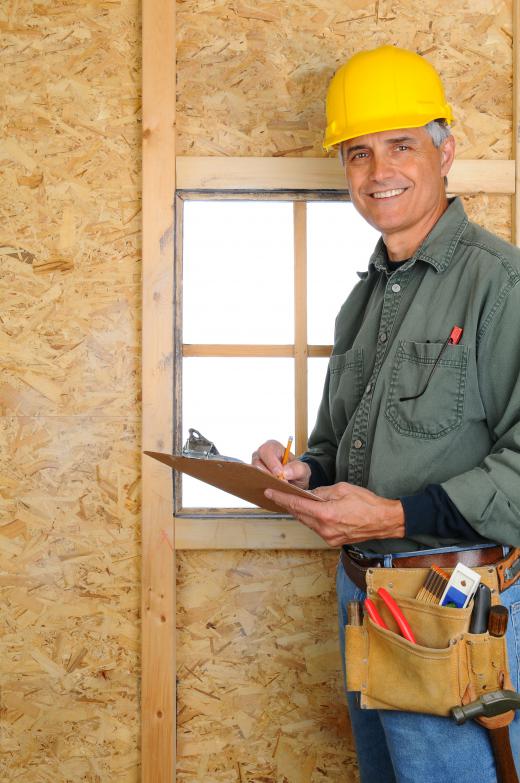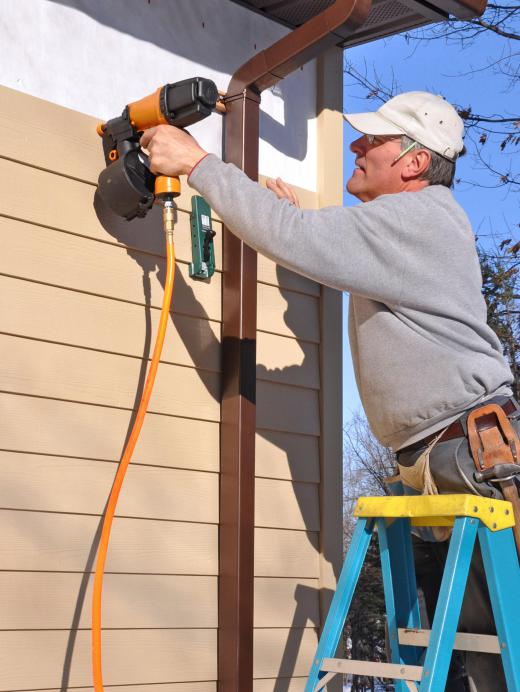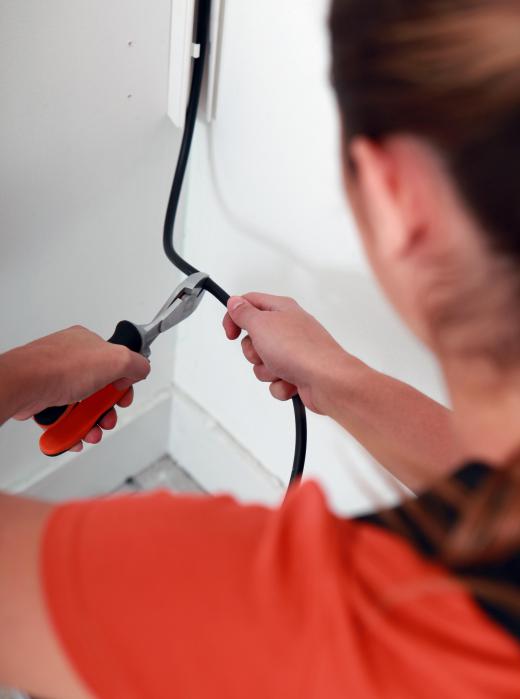A Contractor's license gives a building contractor the ability to state that they are licensed. In many states, licensing requirements are similar, but state building laws vary. If one is already licensed in a single state, in order to claim licensing in another state, usually a person must undergo the same examinations and testing to receive a contractor's license.
The Contractor’s license may be for general construction, or may be obtained for specialized fields, such as plumbing, painting or knowledge of heating and cooling systems like HVAC. Hiring a licensed Contractor tends to assure that one is getting someone with knowledge of state laws regarding building, and has a greater degree of experience.

Additionally, people cannot usually obtain a Contractor's license unless they are also incorporated as a business. This protects both the contractor and would-be employers. If a worker with a contractor’s license performs shoddy work, or builds any type of building that does not come up to code, he or she can lose his or her license, as well as being sued by employers.

Before obtaining a Contractor's license, one must have a certain amount of experience. For example, in California, those applying for a Contractor's license must have four years of construction experience and be either at the journeyman level, or foreman level in their business. This assures that the applicant has not only experience in building, but also in directing others on projects.

Also according to California law, a portion of the four years experience can be substituted by obtaining an A.A. degree in construction, mathematics or physics. Classes related to construction can reduce the four-year requirement. However, a full year class or internship may not qualify as a full year of experience according to the state.
In order to get a license in any state, and in addition to experience which must be documented, those applying for a Contractor's license must also show eligibility to legally work in the country, may need to be fingerprinted, and must show picture identification. Most states require evidence of a business license or a copy of a submitted application for a license. Contractors must generally be over 18, and must also provide two passport size photos.

Once the application has been approved, the would-be contractor must then take a written examination. If the examination is passed, the applicant is awarded a license. If the contractor is specializing, additional testing may be taken at this time. When a worker with a Contractor's license decides to specialize later, he or she can usually take the specialization exams at a later date without retaking the general examination.

In all states, those who do not pass the Contractor's license examinations are given opportunities to retake the test. Some restrictions on the number of times one can take the examination in a given time period may be present. Applicants may benefit from taking courses, which can prepare one to take the test. These courses are frequently available on the Internet, and often through community colleges. The state licensing board may have materials on preparing for the examination that can prove helpful.
With a Contractor's license, the contractor is generally better paid for work, and more likely to gain employment. Most people employing contractors, particularly for large building projects, demand the contractor have a license, since violations of code can be expensive for owners of large buildings. Even for small work such as an addition to a residence, most people are likely to feel more comfortable working with someone who has a contractor's license, as this certifies that the state has evaluated both the person’s length and level of experience.
